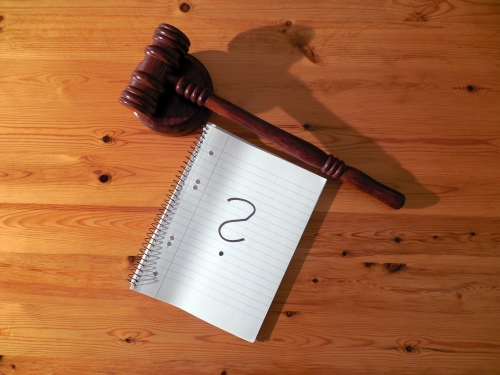
This is the third installment of a three-part blog series on evidence that courts may consider when deciding motions to dismiss without converting the motion to one for summary judgment. Previous blog posts in this series discussed the admissibility of certain documents, matters of public records, and subjects of judicial notice.
Concessions and Admissions
The next type of evidence that courts may consider outside of the pleadings is any concession the plaintiff has made in its response to a motion to dismiss, including statements made during oral argument and in briefs. In an action alleging violations of golf caddies’ rights to publicity and federal antitrust and trademark laws, the Ninth Circuit affirmed the consideration of plaintiffs’ concession that “the PGA Tour has required caddies to wear bibs for decades,” which directly contradicted the complaint, in deciding the motion to dismiss.
Procedural and Jurisdictional Issues
Sometimes, a motion to dismiss is not based on the sufficiency of the plaintiff’s allegations, but an alleged procedural defect in the suit. In cases where the procedural defense would be dispositive, courts have allowed extrinsic evidence on a motion to dismiss without converting the motion to summary judgment. These include:
- Lack of jurisdiction: When defendants make a factual challenge to jurisdiction, courts may consider evidence outside the pleadings to resolve disputed facts necessary for the determination of jurisdiction. Courts have applied this rule to challenges of both subject matter jurisdiction and personal jurisdiction.
- Improper venue: Where defendants seek dismissal on the basis of improper venue, courts may consider matters outside the pleadings without converting the motion to one for summary judgement. One court stated that in a motion to dismiss for improper venue, “the court may consider matters outside the pleadings such as affidavit testimony, particularly when the motion is predicated upon key issues of fact.”
- Lack of capacity: If dismissal is based on a plaintiff’s lack of capacity to sue, courts may consider affidavits and other evidence outside of the pleadings regarding plaintiff’s capacity.
- Insufficient service: Pleadings generally shed no light on service issues. Thus, a motion to dismiss premised on insufficient service can be considered even if it is supported by affidavits or other evidence outside the pleadings.
The goal of this blog series was to show that, despite the seemingly stringent prohibition of evidence on a motion to dismiss, Nebraska state law and federal procedural law allow certain types of evidence to be introduced without converting a motion to dismiss to a motion for summary judgment. Thorough and consistent application of jurisdictionally-applicable exceptions to the general rule of prohibition, individuals may be able to ensure that the court considers the evidence necessary to grant their motions to dismiss.


Amazing Information. Thanks for sharing.